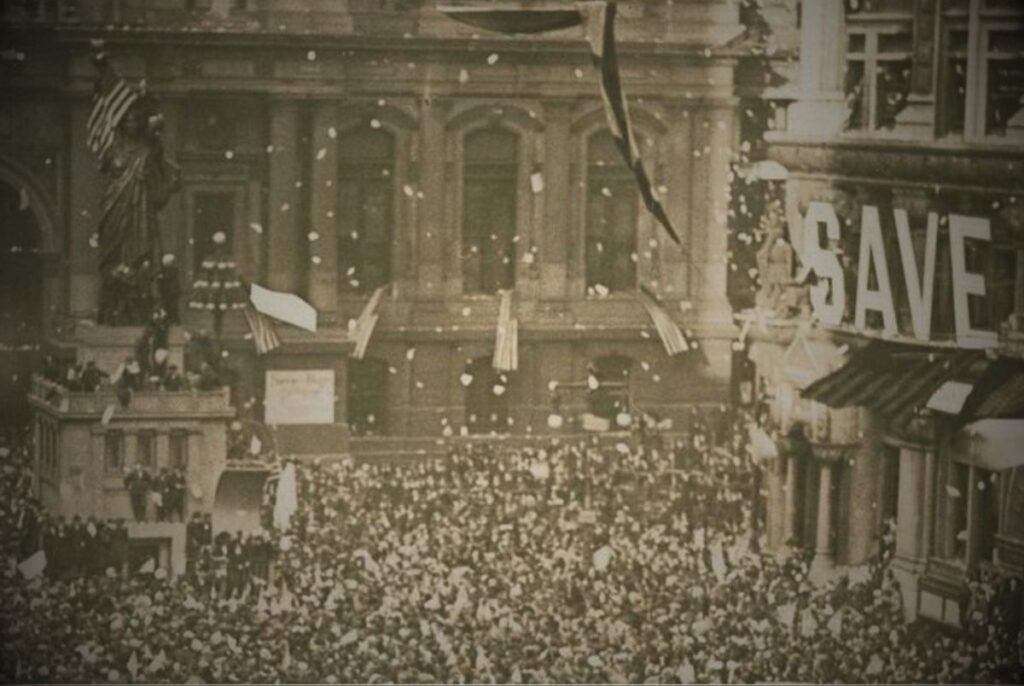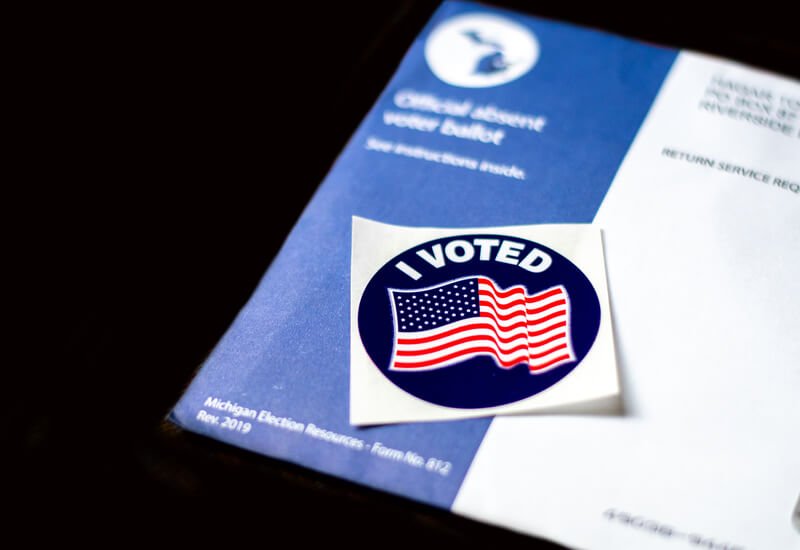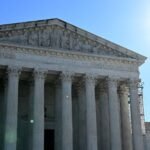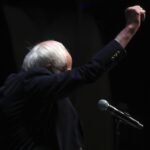Now Reading: Apollo advises NYC staff to work from home amid protests
-
01
Apollo advises NYC staff to work from home amid protests
Apollo advises NYC staff to work from home amid protests

Article Summary
Apollo Global Management is preparing for protests at its New York headquarters in response to CEO Marc Rowan’s support for initiatives aimed at curbing “woke” politics in higher education. Employees have been advised to work from home due to anticipated unrest, with around 1,000 staff receiving notifications to avoid potential confrontations. The demonstrations are being organized by activist groups critical of Rowan’s involvement in the Trump administration’s “Compact for Academic Excellence in Higher Education,” which seeks to promote more conservative viewpoints in academia.As tensions rise, businesses in the vicinity are increasing security measures following a recent mass shooting at rival Blackstone’s headquarters. Concerns are heightened by the election of mayor Zohran Mamdani, whose links to radical organizations may incite further protests against major corporations in the city. Security at Apollo’s office has also been augmented, with collaboration from the NYPD amid a new city law that mandates accommodating protests unless they become violent.
The protests seem to be fueled by Rowan’s controversial statements regarding university admission policies, wherein he expressed concerns about international students overshadowing domestic candidates. He argues for a more diverse intellectual discourse on campuses, criticizing the prevailing uniformity among faculty that he claims stifles alternative viewpoints. This perspective resonates particularly within current conversations around academic freedom and the influence of political ideologies in educational institutions.
The activist group “The Professional Staff Congress,” representing faculty and staff at the City University of New York, is vocal in its opposition. They advocate for academic independence and express concerns about the potential implications of Rowan’s recommendations, which they believe could threaten the freedom of expression in universities. The group’s campaign emphasizes the importance of maintaining a resilient educational environment free from political bias.
Rowan himself has gained notoriety as a leading critic of leftism in academia. He has notably criticized his alma mater, the University of Pennsylvania, alleging that it allowed hostile environments for Jewish students amidst politically charged protests. His remarks and the ensuing backlash highlight the complicated intersection of business, politics, and education, raising questions about the future of discourse in American institutions.













